2018
-
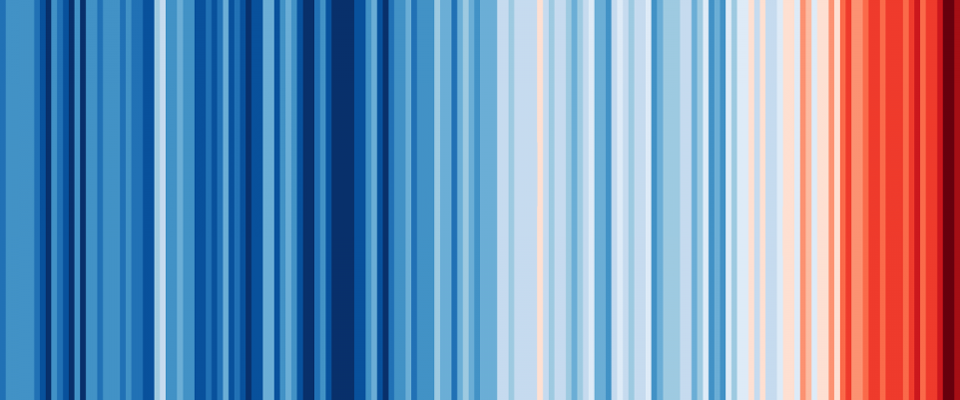
Almost 30 years ago, on June 23, 1988, NASA scientist James Hansen told Congress and the world that global warming wasn’t approaching — it had already arrived. The testimony of the top NASA scientist, said Rice University historian Douglas Brinkley, was “the opening salvo of the age of climate change.” Before that, most scientists knew that…
-

In one of my favorite books, “The Control of Nature” by John McPhee, a third of the book discusses the topic of mud flows in California after wildfires occur on the steep slopes there. This story by Reuters tells a similar tale about what is likely to happen in the Southwest after wildfires burn down…
-
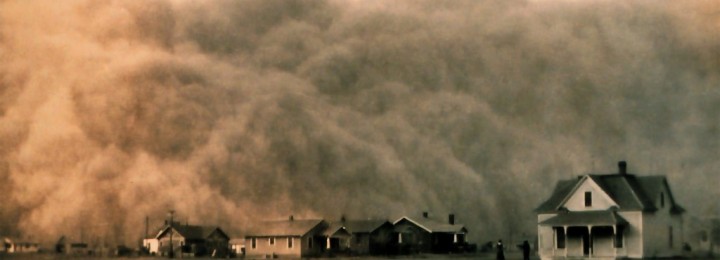
According to a recent story on USAgNet, “Dramatic human-caused changes in land cover between 1850 and the 1930s had a substantive effect on the 1930s Dust Bowl drought in the Great Plains, a new study by University of Nebraska–Lincoln researchers finds.” Ocean temperatures are part of the story of what caused the Dust Bowl, but…
-
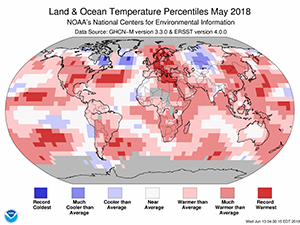
Today NASA and NOAA both released their monthly global climate summaries for May 2018. Both of them, using related data sets with different analysis techniques, show that this past May was the 4th warmest on record for each of the data sets. The warmest year was 2016 when the last El Niño was in full…
Posted in: Climate summaries -
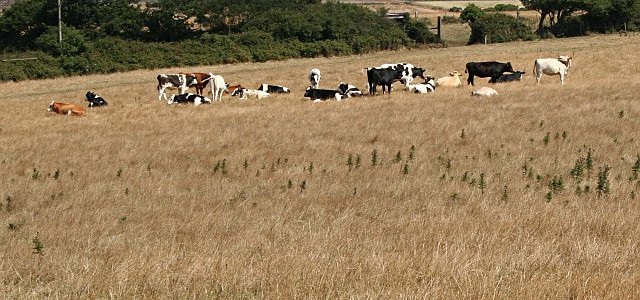
Back in the spring of 2016, the developing drought in northwestern Georgia and northeastern Alabama caused livestock producers there to seek hay from places as far away as Missouri. Fortunately, that area’s drought is now a distant memory, but drought has now formed in Missouri, causing problems for producers there. This article from Drovers Newsletter…
-
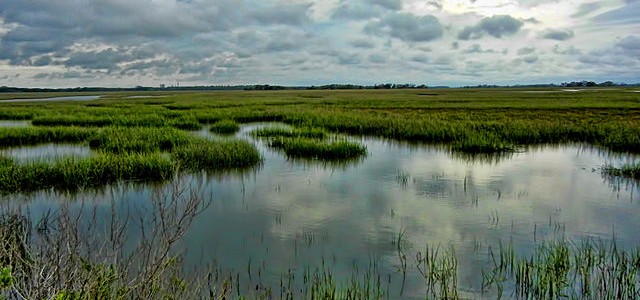
This week the Georgia Climate Project post will look at a question about the impacts of changes in ocean conditions along Georgia’s coast. What will the changes that we are already seeing happen do to our climate and to the coastal ecosystems which help drive commerce in those areas? How will changes in climate further…
-
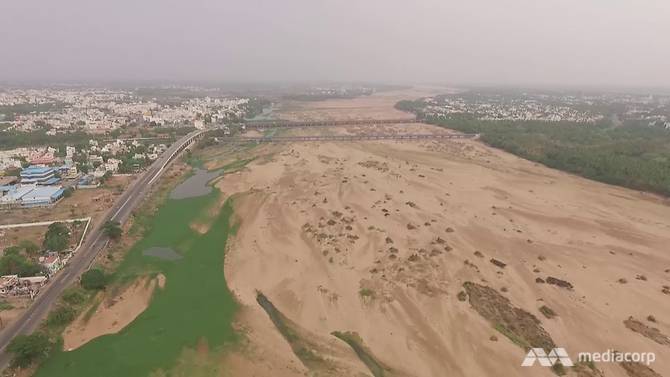
Did you know that 80% of the water used in India goes for agriculture? But poor irrigation techniques including inefficient methods and bad government policies encourage farmers to misuse water supplies, resulting in severe shortages for the populace. Groundwater levels are rapidly dropping in many areas, which means that cities will not be able to…
Posted in: Climate and Ag in the news